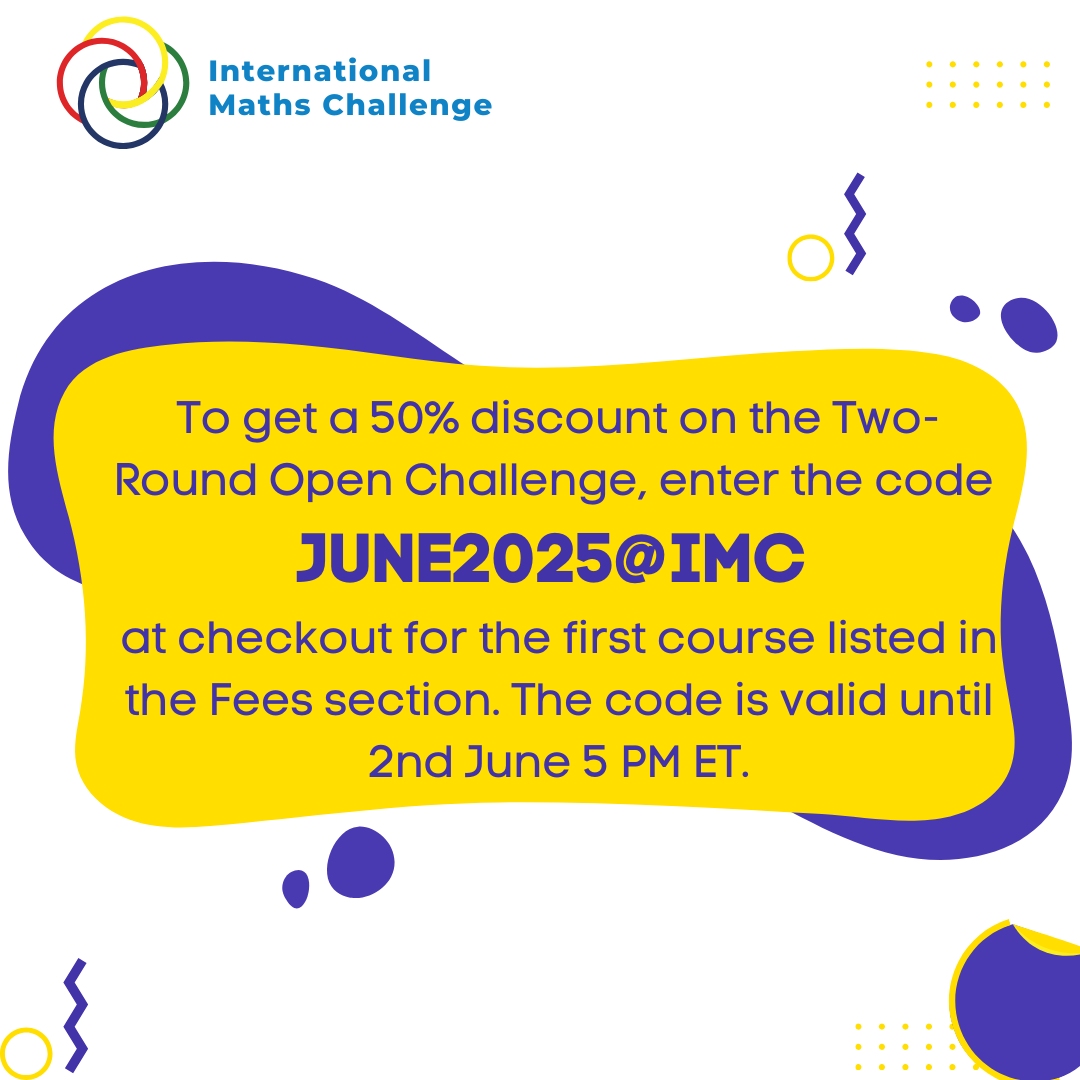Mathematics is a significant aspect of developing technological advancements in children. Understanding the logic and concept of Math is important. And so is executing them in many useful areas. To participate and prepare for the International Maths Olympiads, it is essential to study mathematics comprehensively. Math preparation will help your child handle all academic career requirements.
The International Mathematical Challenge allows your child to upskill and understand the maths competition level that is taught in the classroom. For your child’s safe and robust future, as a parent, you must encourage them to participate in the International Maths Olympiad competition. Click here to register today.
Participating in international math Olympiads can benefit a child’s future. Some of the most important benefits of participating in math Olympiads include:
Improving Problem-Solving Skills: Math Olympiads involve solving complex and challenging math problems. This helps children develop critical thinking and problem-solving skills, which are important for success in many fields.
Enhancing Mathematical Knowledge: Participating in math Olympiads helps children learn new mathematical concepts and ideas and strengthens their existing knowledge.
Building Confidence: Solving challenging math problems can be difficult, but participating in math Olympiads helps children build confidence in their abilities to solve difficult problems.
Boosting Academic Performance: Participation in math Olympiads can improve academic performance in mathematics and other subjects.
Opportunities for Scholarships: High-performing students in math Olympiads may be eligible for scholarships and other academic opportunities.
Exposure to New Cultures: Math Olympiads are often international events, giving children the opportunity to meet and interact with students from different countries and cultures.
EndNote
Participating in math Olympiads can help children develop valuable skills and knowledge, build confidence, improve academic performance, and open up new opportunities for scholarships and international exposure.


